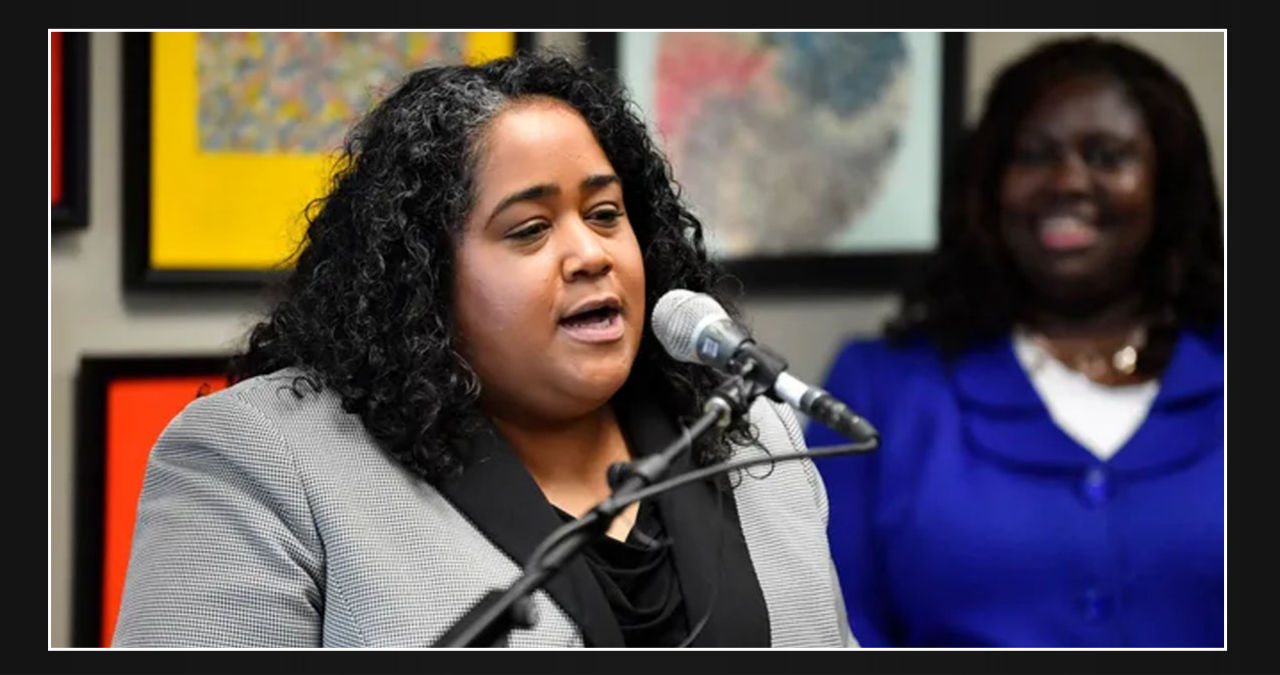My duty as the minority leader in the Tennessee state Senate is to ensure that every member of our community has a say in the decision-making process. It is crucial that all voices are heard, and I take this responsibility seriously.
In June, we initiated the “Freedom to Be Heard” summer field hearing tour at the National Civil Rights Museum in Memphis, the very location where Dr. Martin Luther King Jr. was tragically assassinated. It was a historic day for us.
Together with Representative Karen Camper, a Democrat from Memphis and the House minority leader, we hosted a gathering of leaders from diverse industries such as business, healthcare, education, and law. The purpose of the meeting was to emphasize the crucial significance of promoting diversity, equity, and inclusion in both our workplaces and communities.
Our society’s inclusivity is our strength, and this event served as a platform not only to address the continuing political attacks on diversity initiatives but also to affirm this belief.
Over the past few months, Tennessee’s conservative-controlled legislature and public officials have been rejoicing over the elimination of affirmative action in higher education. They have also suggested prohibiting DEI initiatives in public universities, introducing legislation to limit free speech in education, and even gone as far as threatening to sue companies that endorse inclusive business practices.
Our efforts towards creating a fair and just society are being hindered by these actions.
Despite facing pushback, Tennessee employers remain committed to promoting diversity, equity, and inclusion in the workplace.
Leaders from FedEx to Amazon affirmed the value of DEI
During the Memphis hearing, a multitude of distinguished individuals shared their insights. Among them were representatives from various renowned organizations such as FedEx, Rhodes College, the University of Tennessee Health Science Center, Mid-South Minority Business Council, Shelby County Health Department, and the Memphis Urban League. Their valuable contributions added depth and diversity to the discussion.
During the event, individuals shared compelling personal accounts that highlighted the critical nature of DEI initiatives. These testimonies illustrated how such programs are not only advantageous but also necessary for creating a positive and inclusive work environment.
-
- Rose Flenorl of FedEx, the international delivery giant based in Memphis, emphasized that inclusive business practices are crucial for growth and profitability in a diverse world. “It’s no secret that diversity creates stronger communities and workforces,” Flenorl said. “Diversity, equity and inclusion at FedEx is fueling collaboration and enabling us to attract, retain and nurture a skilled workforce that drives business performance and sustainability.”
- At our Nashville hearing this July, Tonya Hallett, a vice president at Amazon which operates a corporate office and 12 fulfillment centers in Tennessee, echoed those comments, saying diversity, equity and inclusion is “essential” to the company’s business model. “Our customers represent a wide array of genders, races, ethnicities, abilities, ages, religions, sexual orientations, military statuses, backgrounds, and political views,” Hallett testified. “It is critical that Amazon employees are also diverse, fostering a culture where inclusion is the norm.”
- Dr. Michelle Taylor from the Shelby County Health Department highlighted how discriminatory practices from the past have shaped inequities in the social landscape today from housing and health outcomes to education and economic mobility. Taylor emphasized that more direct reform is needed to repair past injustices.
- Monica Newport from Latino Memphis spoke passionately against new legislative efforts to divide some citizens, specifically anti-immigrant legislation. Newport explained how such policies demonize our neighbors and create barriers to employment and education, thereby stifling economic development.
Struggle for civil rights has not ended and must continue
From the initial two field hearings, a distinct pattern has surfaced from the testimonies of over three dozen individuals. It appears that when communities are overlooked in the workplace, whether it’s in high-level decision-making or within corporate environments, their skills are often underutilized, and their requirements remain unfulfilled.
The repercussions of this have a significant impact on various aspects of society, ranging from the well-being of the population to the financial stability of the economy.
As we gathered at the Lorraine Motel, it served as a poignant reminder of the long-standing battle for civil rights and the continuous fight for justice and inclusivity. It reinforced our unwavering dedication to guarantee that each and every person in Tennessee is given the chance to have their voice heard and to pave a path towards a fulfilling life.
My plan for this summer includes hosting another field hearing in East Tennessee to keep these important discussions going.
Let’s stand united and fight against policies that aim to create divisions among us. Instead, let’s strive for a Tennessee that embraces and leverages the strength of its diversity. Our success as a community hinges on this crucial goal.



